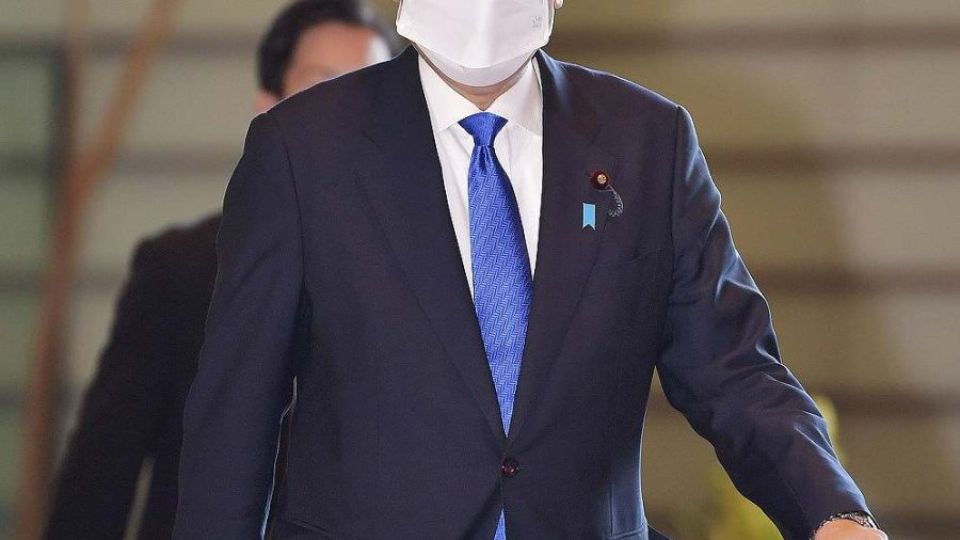January 20, 2023
TOKYO – Prime Minister Fumio Kishida has outlined a policy to lower the classification of COVID-19 from the current level equivalent to Category II, the second-highest, to Category V, which includes seasonal influenza, around spring.
Kishida discussed the change at a meeting with Health, Labor and Welfare Minister Katsunobu Kato and others at the Prime Minister’s Office on Wednesday.
Kishida is expected to hold another meeting with relevant ministers on Friday at the earliest to instruct them to consider the specifics regarding reclassification change. He is also expected to ask them to consider relaxing mask guidelines.
Following the prime minister’s directive, Kato is to consult with a subcommittee of an advisory body about lowering the classification this spring. The timing of the change and other decisions will be made after holding discussions with experts.
Lowering the classification of COVID-19 to Category V will mark a major turning point in the government’s efforts to normalize social activities amid the pandemic.
The Infectious Diseases Control Law classifies infectious diseases from Category I-V based on their level of risk. There is also a category for “new types of influenza and other infectious diseases,” which includes COVID-19 and is equivalent to Category II.
Certain government policies would change if the classification was lowered to Category V, including that the government would no longer be required to cover out-of-pocket expenses for medical bills and governors would no longer have the authority to urge people to be hospitalized.
The government intends to continue covering medical expenses using public funds, but it will be gradually phased out. The government is hoping this will allow people to still seek medical treatment and create less confusion at front-line medical institutions.
Relevant ministers will consider what kind of infection control measures should be maintained and for how long.
During Wednesday’s meeting, Kishida was briefed on the COVID-19 situation and the medical service systems.
According to the health ministry, the number of new coronavirus infections is on a downward trend, declining 31% compared to the previous week ending Wednesday. However, upward trend continues for the number of COVID-related deaths.
The government believes the number of new coronavirus cases will continue to decrease in the eighth wave of the pandemic, but the situation still needs to be closely monitored. There were concerns regarding high-risk variants coming into Japan from China, where the number of coronavirus cases is rapidly increasing, but the variants have not yet been confirmed in Japan.
Regarding masks, the ministry has already stated that it is not necessary to wear them when the risk of infection is extremely low, and wearing masks outdoors is unnecessary in principle. The ministry has also said masks are not needed indoors if there is enough distance between people and there is almost no conversation.
The ministry will carefully consider to what extent certain rules can be relaxed, taking into account the opinions of experts and the infection situation.

